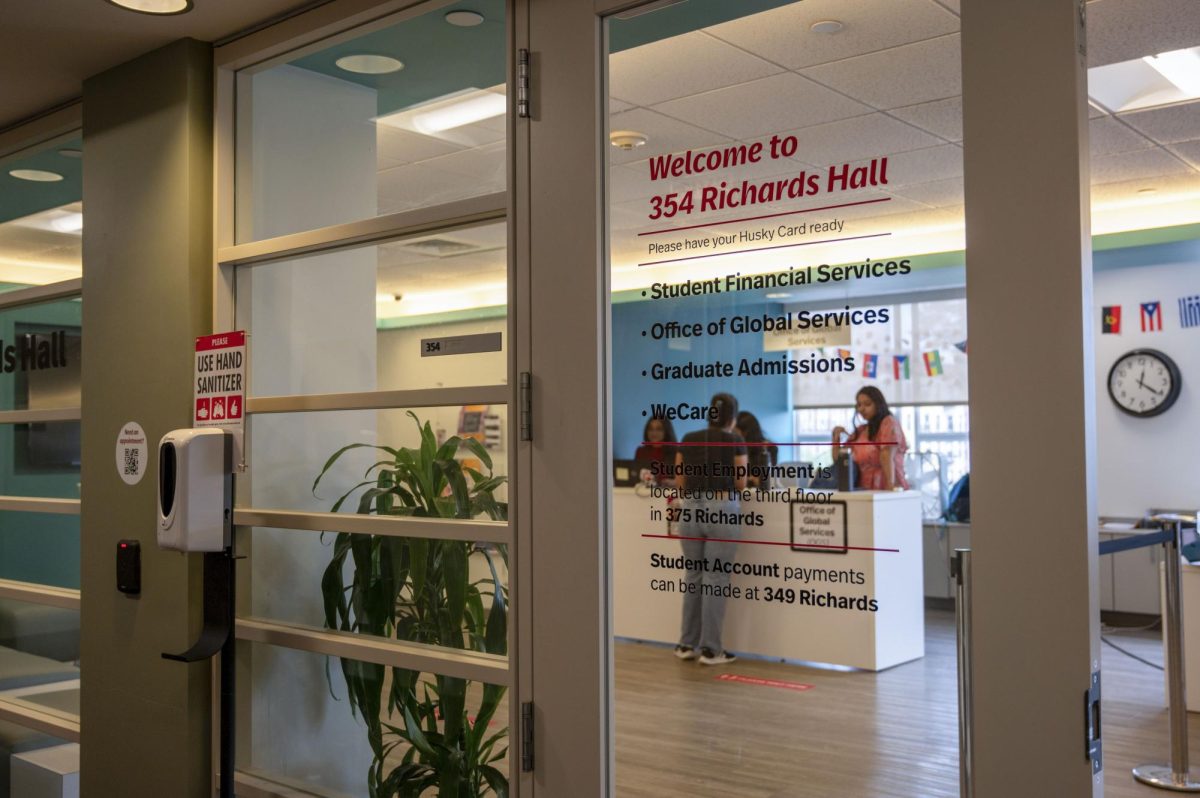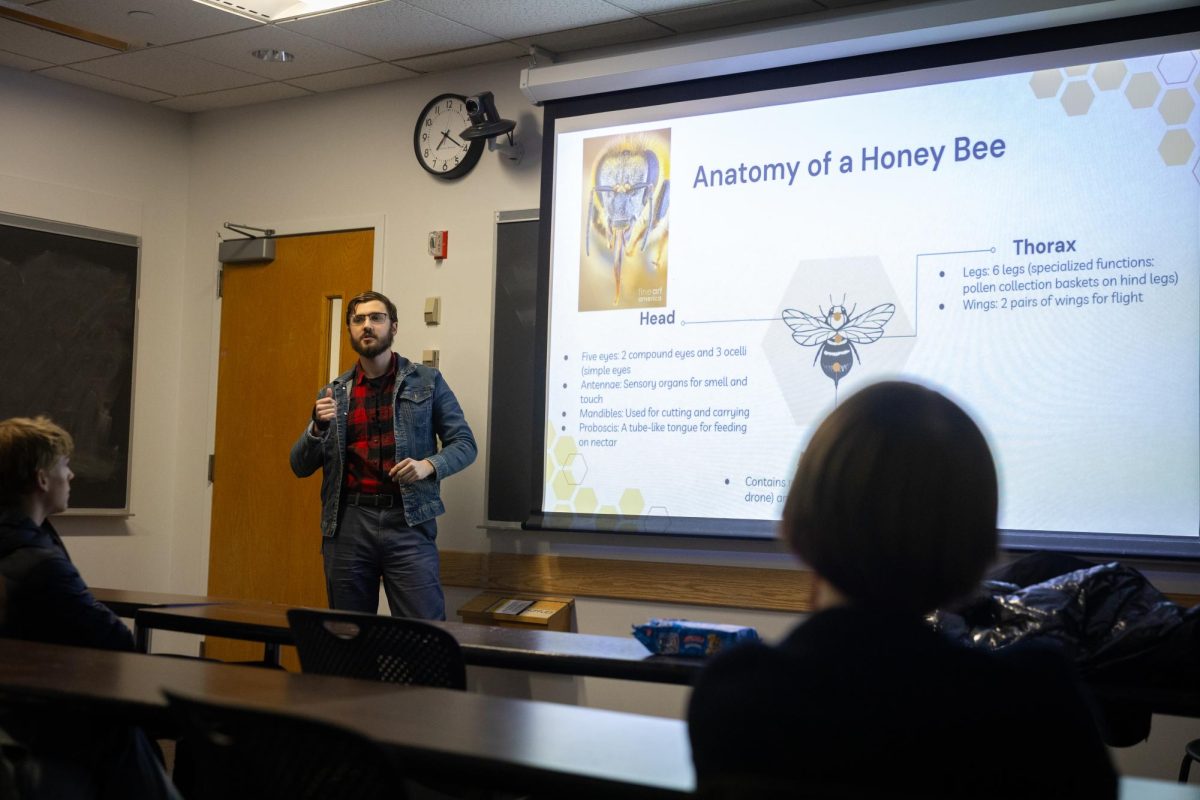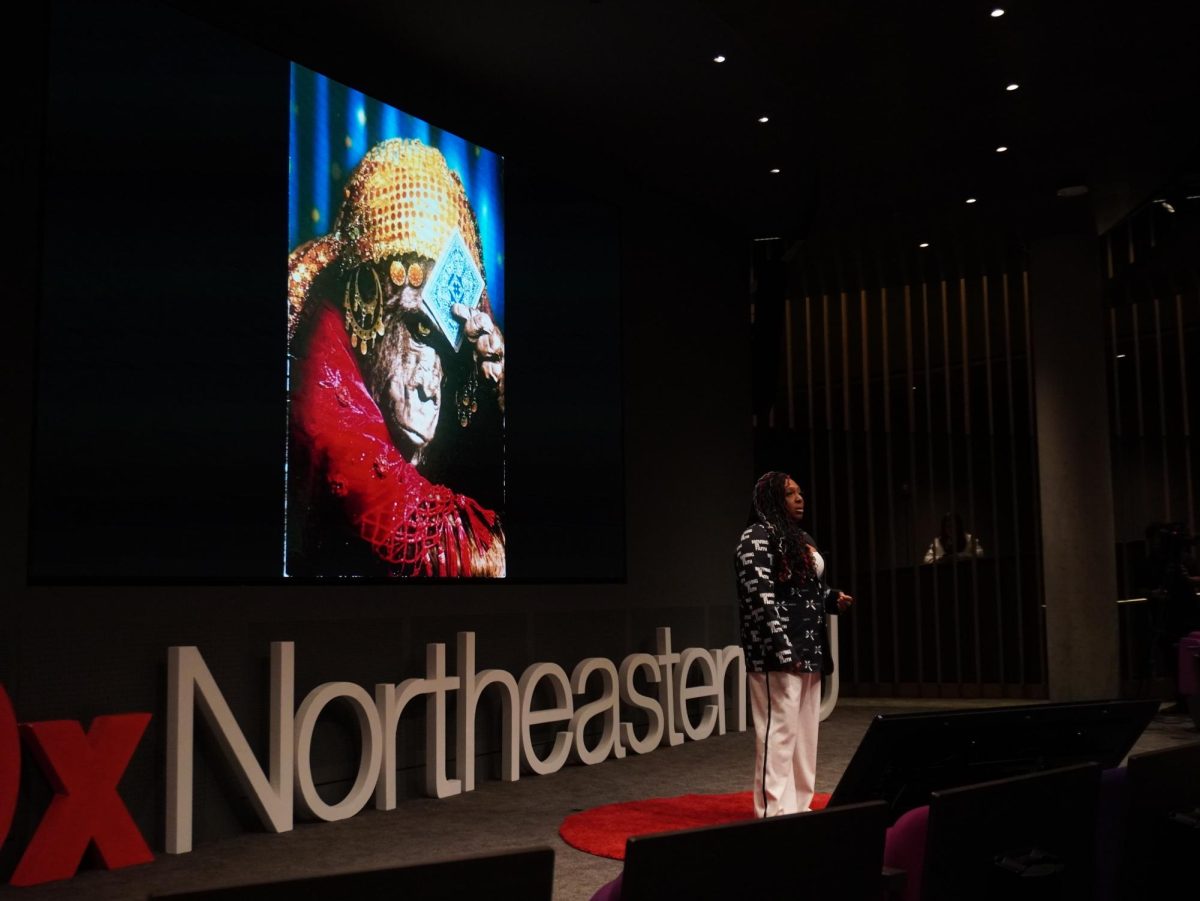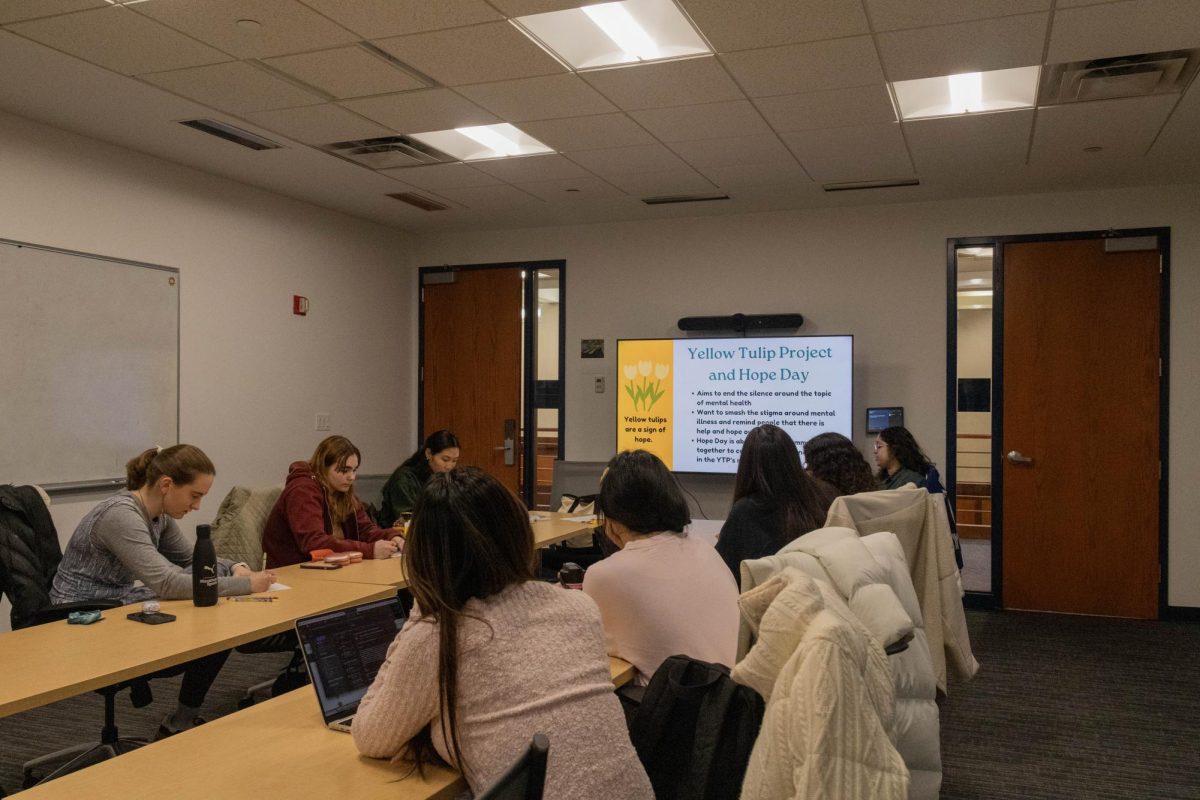When freshman honors students relocate to West Village F in the fall of 2006, Panhellenic Council President Ellen Lassiter said she has an idea of what to do with the empty Kennedy and Light Halls.
Northeastern’s 14 fraternities and sororities have no official housing on or off campus, Lassiter said, and with Boston’s strict zoning regulations, she said on-campus theme housing is the only option for Greeks who want to live together.
Currently, according to the Boston Redevelopment Authority’s Web site, dormitory and fraternity housing is listed as “forbidden” in the areas around Northeastern, including the Mission Hill area, making it difficult for Greek organizations to achieve off-campus housing. In order to get zoning changed, Lassiter said, a vote would have to take place in the community to allow official fraternity and sorority housing in that area.
And with relations in the community still shaky, she said, it is unlikely a vote would pass.
City Councilor Michael Ross, who represents the Mission Hill and Fenway area, agreed, and said the likelihood of fraternities and sororities getting official off-campus housing in that area of the city is slim to none.
“We have a problem in the neighborhoods where there’s too much activity taking place,” Ross said. “I don’t think there’d be strong support for that.”
Lassiter said she has since turned her attention to Northeastern’s campus, where residence halls, such as Kennedy and Light, could provide Greeks the chance to have their own space on campus.
“It would be for sophomores and middlers who still want to be on campus,” she said. “And they would have to be in a Greek organization.”
Several halls are already designated as “theme” housing, with honors, wellness, international and quiet floors in residence halls scattered around campus. Adding a new theme for Greek life, Lassiter said, would allow the chance for Greeks to build a community and thrive on campus.
“It’s just not that centralized,” Lassiter said. “What we’re really looking to do is centralize it, so we’re looking for a place that is Greek. Any place we use now is shared with the rest of the school.”
Lassiter said the Panhellenic Council has yet to approach administration with its thoughts, but hopes to present advisors with its ideas soon.
Associate Dean of Housing Services Marina Iannalfo said in her seven years at Northeastern, she has yet to be approached with the idea of on-campus Greek housing. It is a step, she said, that would take planning and influence from multiple areas of the university.
“I don’t see it as a theme floor,” Iannalfo said. “I don’t see it in the same way I see theme housing. I think it’s a bigger concept that would have to be more fully developed.”
She said a broader range of administrators, including student affairs and student activities, would have to be involved.
Ross said the idea to have special on-campus housing for Greek life would be a good idea. He said any activity that makes campus life more attractive to a group of students is a step forward.
“I commend them for such a creative idea,” Ross said.
Members of Greek life at Northeastern said they would be open to on-campus housing for fraternities and sororities in order to make Greek members feel more welcome on campus.
“I think it’d be a good idea to promote Greek life,” said Matt Romano, treasurer of Pi Kappa Alpha. “[Northeastern] could use Greek life as a way to attract new students, because right now, they shun us here.”
Other Greek members said on-campus housing would help steer students away from the stereotype that Greek organizations are focused on partying.
“Greek life is mostly portrayed as partying; this is not the case anymore,” said Caitlin Sullivan, a member of Alpha Epsilon Phi. “Greek life is about people with common comraderie. By having these organizations it would just unify and strengthen our organizations.”
— Correspondent Barry Levites contributed to this report.









